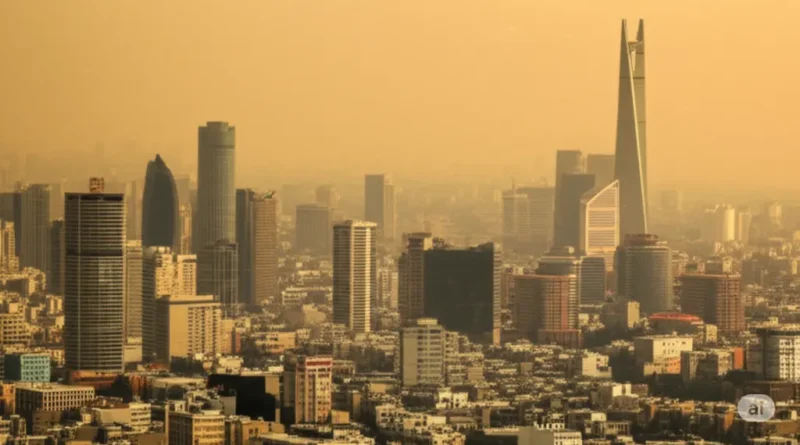Donald Trump Calls for Immediate Evacuation of Tehran Amid Escalating Israel-Iran Conflict
The provocative social media post by Donald Trump came amidst a rapidly intensifying aerial conflict between Israel and Iran, which has seen both nations exchanging missile and drone strikes for five consecutive days. Trump’s message, issued while he was attending the G7 summit in Canada (which he reportedly cut short due to the Middle East developments), amplified global concerns about a potential wider regional conflagration.
In his post, Trump reiterated his long-standing stance that “IRAN CAN NOT HAVE A NUCLEAR WEAPON” and criticized Iran for not accepting a “deal” he had previously proposed to curb its nuclear ambitions. He stated, “What a shame, and waste of human life. Simply stated, IRAN CAN NOT HAVE A NUCLEAR WEAPON. I said it over and over again! Everyone should immediately evacuate Tehran!”
“Iran should have signed the “deal” I told them to sign. What a shame, and waste of human life. Simply stated, IRAN CAN NOT HAVE A NUCLEAR WEAPON. I said it over and over again! Everyone should immediately evacuate Tehran!” –President Donald J. Trump pic.twitter.com/oniUSgsMWA
— The White House (@WhiteHouse) June 16, 2025
Response and Impact:
The unexpected call for a mass evacuation of Tehran, a city of nearly 10 million people, immediately sparked a flurry of reactions and speculation:
- Panic and Speculation: News reports indicated that the tweet caused “panic” and “speculation of widening conflict” within Iran and among international observers. The abrupt nature of the warning, without immediate official elaboration from the U.S. government, fueled anxiety.
- U.S. Administration’s Stance: Current White House officials were quick to downplay any suggestion of direct U.S. military intervention in the ongoing Israel-Iran conflict, with spokespeople emphasizing that “American forces are maintaining their defensive posture” and that the U.S. would defend its interests. This aimed to differentiate Trump’s personal statement from official U.S. policy.
- Iranian Reaction: Iranian officials responded by urging Donald Trump to exert pressure on Israeli Prime Minister Benjamin Netanyahu for an immediate ceasefire. Iran’s Foreign Minister reportedly stated that if Trump was genuinely interested in diplomacy, “Israel must halt its aggression, and absent a total cessation of military aggression against us, our responses will continue.” Reports also emerged that Tehran had approached Oman, Qatar, and Saudi Arabia to mediate and press Trump for de-escalation.
- International Concerns: The Chinese Embassy, for instance, urged its citizens to consider leaving Iran via Jordan, signaling heightened safety concerns for foreign nationals. At the G7 summit, French President Emmanuel Macron reportedly viewed Trump’s early departure as a positive step towards achieving a ceasefire between Israel and Iran. However, the summit itself saw divisions, with Trump reportedly refusing to endorse a joint statement calling for de-escalation, underscoring differing approaches to the crisis among G7 leaders.
- Market Volatility: The alarming nature of Trump’s post also rippled through financial markets. Oil prices rallied, while U.S. equity index futures saw modest declines, reflecting investor nervousness and the perceived increase in geopolitical risk.
The incident highlights the significant influence of Donald Trump’s public statements, even as a non-incumbent, particularly during periods of international instability. While his call for evacuation was not an official government order, it undeniably contributed to the volatile atmosphere surrounding the escalating conflict in the Middle East.

